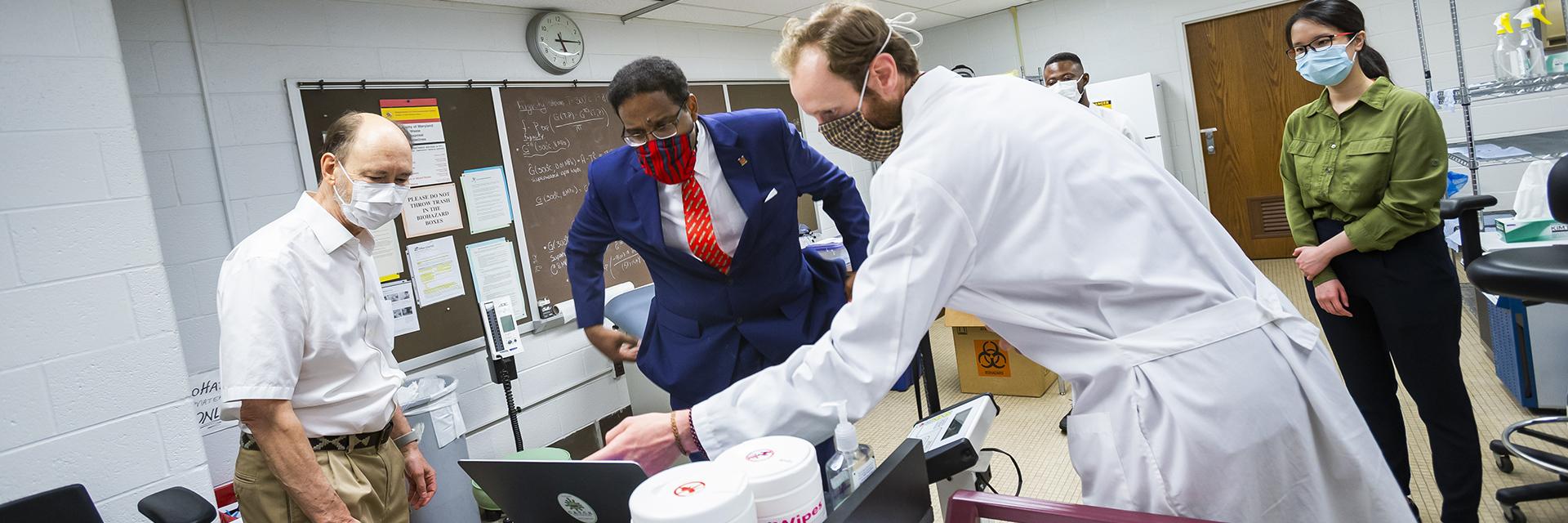One of the nation’s leading research universities, the University of Maryland brings broad, interdisciplinary expertise and resources to advance and translate knowledge for better health and well-being.
At the UMD School of Public Health, our community leads a broad range of scientific endeavors locally, nationally and across the world, with projects from the cellular to the societal level. Our laboratories and research centers and programs bring light –and solutions – to critical areas of public health.
Check out just a few of our current SPH research areas:
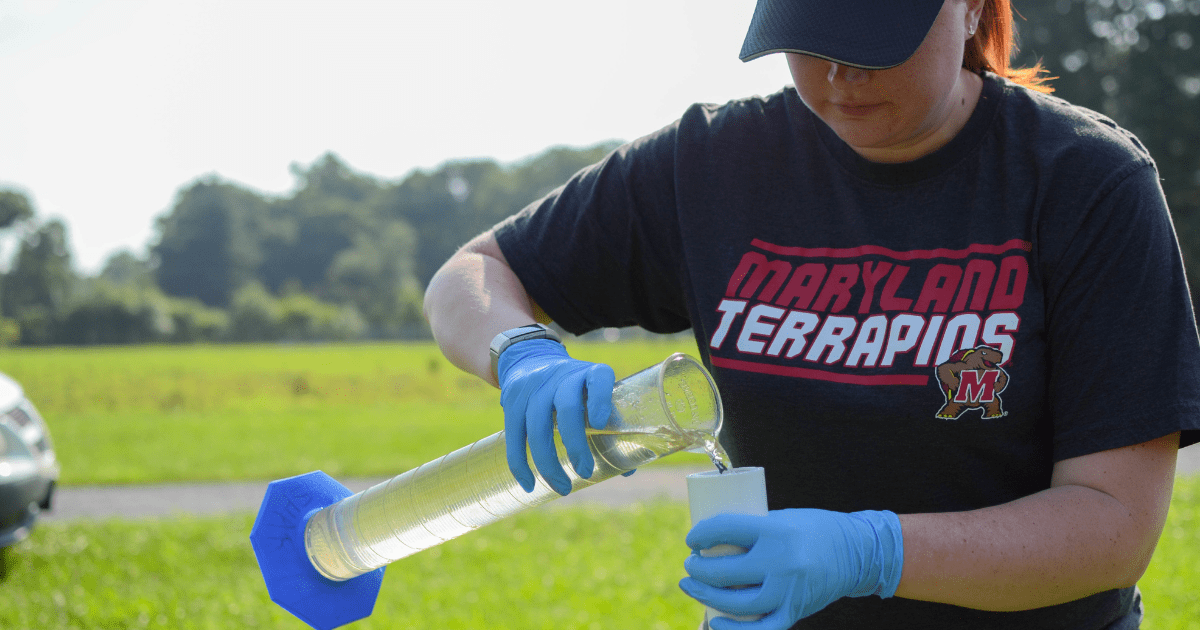
CLIMATE CHANGE AND HEALTHY ENVIRONMENTS
Following internationally cited COVID-19 research, SPH infectious disease expert now seeks to prevent the common – and sometimes deadly – flu virus. Research, in collaboration with the PHAB Lab team, explores how respiratory viruses spread in controlled, real-world environments – in this case, in a quarantine unit at a Baltimore hotel.
The UMD Community Engagement, Environmental Justice, and Health (CEEJH) center are examining climate change-related health risks, focusing on how neighborhood layouts and exposure to pollution affect communities of color throughout the United States.
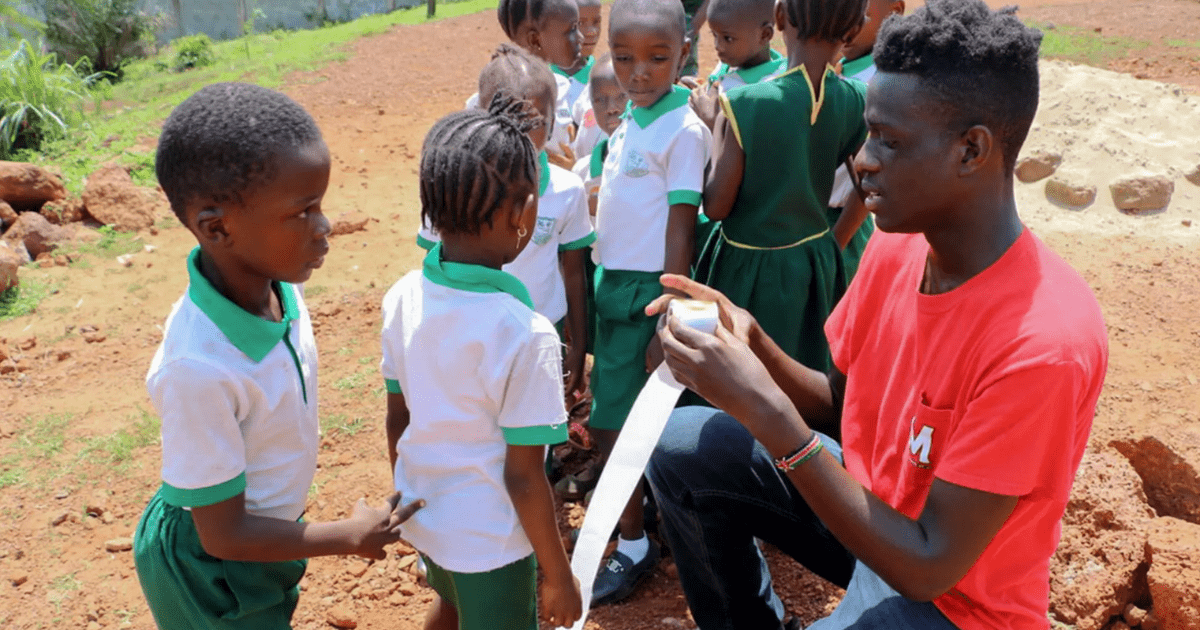
COMMUNITY AND GLOBAL HEALTH
The state’s first-ever LifeSports camp combines play and learning to promote physical activity, teamwork and life skills among local youth in Maryland.
SPH plays a major role in the U21 Health Research Exchange (HREx), a global network of research institutions fostering collaboration and innovation to address pressing global public health challenges.
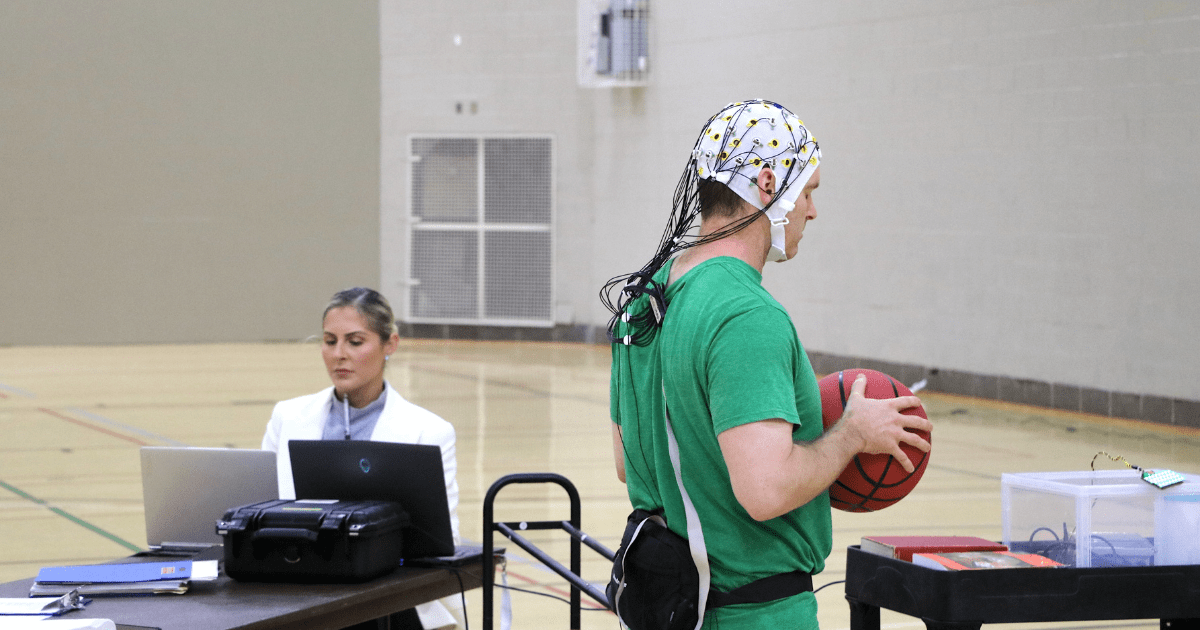
SUPPORTING MENTAL AND PHYSICAL HEALTH
The University of Maryland Prevention Research Center is working to improve mental health for LGBTQ+ people through research, service and training so that health care providers are equipped to provide competent and affirming care. One recent effort supports health centers statewide to help lower the disproportionately high number of LGBTQ+ youth who use tobacco.
UMD researchers in the Exercise for Brain Health Lab are investigating how exercise can help prevent or delay Alzheimer’s disease. Through cutting-edge studies, they aim to uncover the ways physical activity supports brain health and reduces cognitive decline.
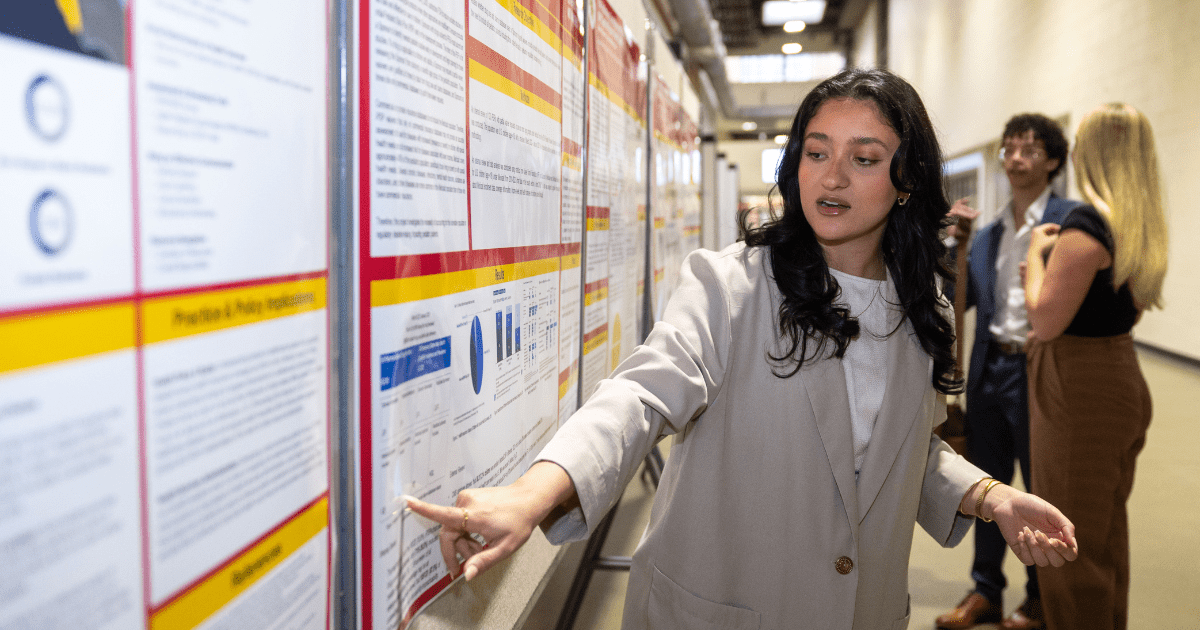
AI-ASSISTED PUBLIC HEALTH RESEARCH
Funded by the National Institutes of Health, an SPH research team is developing an AI-driven chatbot in English and Spanish to provide reliable support for first-time parents, helping to reduce exposure to online misinformation and improve maternal and infant health outcomes.
Another SPH researcher is analyzing environmental and climate data, this innovative approach aims to identify areas at high risk and improve early warning systems.
